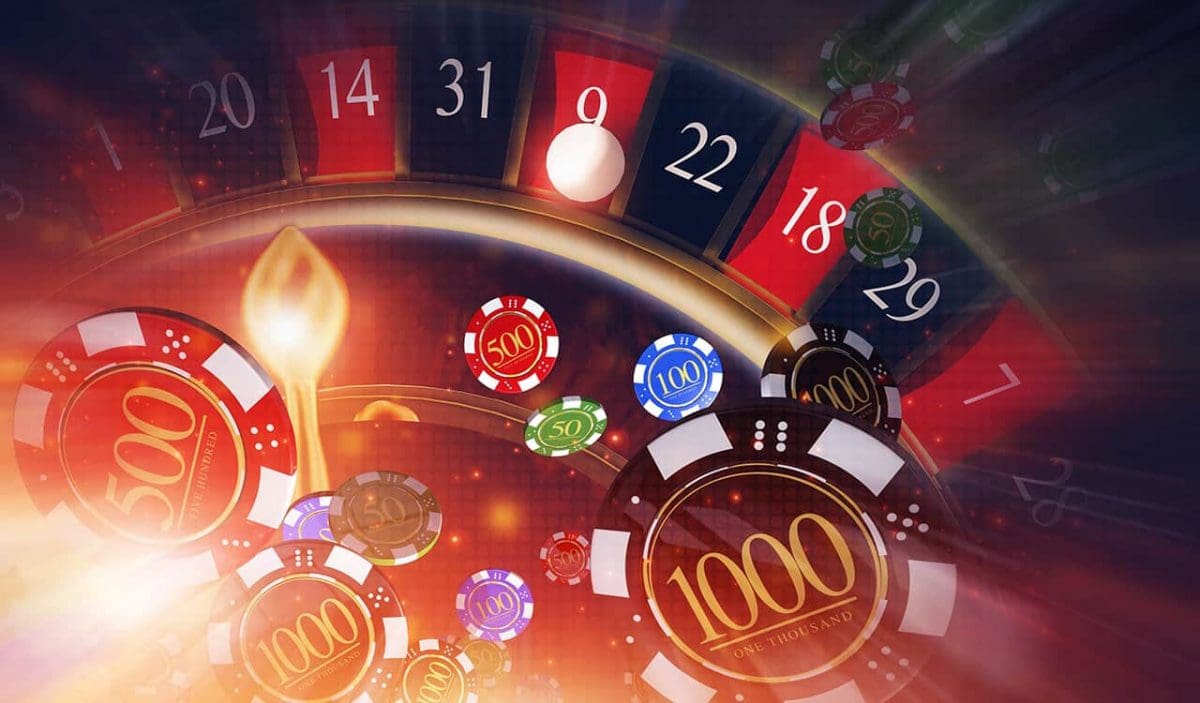
Gambling games have been a source entertainment and excitement for countless players around the world. One of the main components that make these games engaging is the variety of playing cards employed in different kinds of games. Understanding the different kinds of cards can enhance your gaming experience and refine your gameplay approaches. Whether you are drawn to classic card games like poker and blackjack or newer casino games, each game depends on a unique set of cards that influences the rules and the rhythm of play.
In casino settings, cards come in various styles, each designed to fit the requirements of specific games. From regular decks to custom card types, the diversity plays key role in shaping the dynamics of each game. By acquainting yourself with these cards and their uses, you can gain deeper insights into the games and make better decisions at the table. This knowledge not just enhances your gaming experience but also adds to a more sophisticated approach to your odds of winning.
Types of Playing Cards
When it comes to casino games, the type of playing cards used can significantly impact the flow of the game and tactics. The most frequent deck is the traditional 52-card deck, which consists of four suits: diamonds, clubs. Each suit contains thirteen ranks, from Ace to king. This standard deck is essential in numerous games, such as poker, where players aim to create the best hand possible or get as close to 21 as they can.
Some casino games use special decks specifically designed for the game itself. For example, the popular game of baccarat often employs multiple decks combined, typically 6 or eight. This not only increases the difficulty of the game but also impacts betting strategies, as players must account for the higher number of cards in play. Additionally, some games may introduce joker cards or wildcards, providing further diversity and thrill to the gambling experience.
In niche games, specialized decks may come into play. For instance, in games like bridge or pinochle, players might use unique rules with different card values or functions. These variations keep the gameplay new and allow for diverse strategies to emerge. Understanding the various types of playing cards and their particular uses in various casino games is key to improving one’s gambling experience and improving overall performance at the tables.
Card Variations in Casino Activities
In gambling activities, the kind of set of cards utilized can significantly impact both the gameplay and the tactics employed by players. Most traditional card activities, such as blackjack and five-card draw, typically use a standard 52-card pack. However, modifications do exist where additional wild cards or even several decks are utilized. For example, in 21, some gaming establishments may use one to eight decks, which can change the odds and the fundamental tactics required to compete optimally. Participants must be cognizant of the deck makeup, as it affects the house edge.
Another frequent modification in gambling card games is the utilization of specialized or custom decks. For instance, some poker activities might use a set of cards that includes unique graphics or designs, which can enhance the atmosphere at the gaming table. These specialized decks often function to differentiate between different game types or loyalty initiatives within the casino. While the traditional guidelines of the game remain the same, the visual appeal can affect player involvement and satisfaction.
Lastly, the shuffling techniques employed with various types of decks can also impact play. Gaming establishments often make use of automatic shufflers that can randomly reorder several packs efficiently, making card counting more difficult. The frequency and method of shuffling can differ widely based on the game and the gaming establishment’s rules. Understanding these deck variations is crucial for any player looking to improve their tactics and overall enjoyment in casino activities.
Value of Card Values
In gaming activities, the significance of every card plays a critical role in deciding the outcome of different activities. Distinct activities assign specific worths to cards, affecting strategies and gamer choices. For case, in 21, playing cards numbered two through ten are valued at their face worth, while court playing cards hold a value of 10, and the ace can be valued alternatively 1 or eleven. Comprehending these values allows gamers to make knowledgeable decisions during play, enhancing their odds of winning.
Similarly, in Texas Hold’em, the importance of playing card worths extends to hands and combination rankings. High-value cards can form more powerful hands, such as pairs, straights, or flush hands, which are important for triumph in the activity. Gamers must evaluate not only their own cards but also likely hands their rivals might hold. This tactical depth adds thrill and complexity, making card values a key factor in the appeal of poker appeal.
Moreover, the mental aspect of card values cannot be overlooked. Gamers may use the knowledge of card worths to bluff or mislead their opponents. By understanding how a card’s worth can change the game’s dynamics, gamers can more effectively navigate hazards and rewards, creating a exciting atmosphere in casino activities. Whether competing for entertainment or for real cash, knowledge of card worths significantly influences the overall gaming encounter. beste casino zonder cruks
